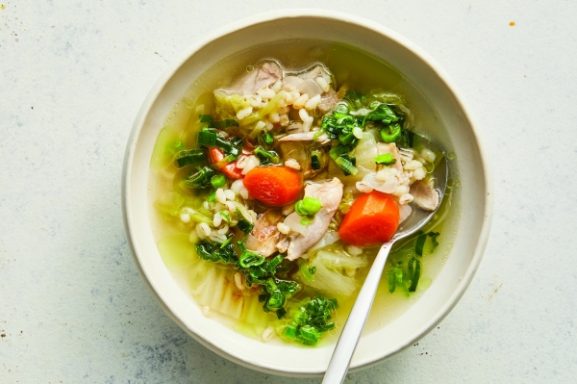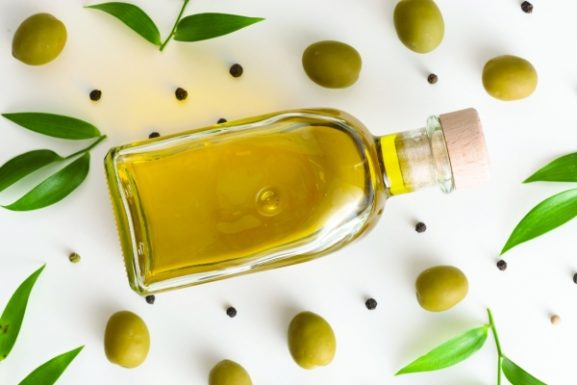Moza’s Live-Cooking Success in Oman: Implications for Investors and Entrepreneurs in the Culinary Industry
Moza al Mammari: A Culinary Guardian of Omani Heritage
Wherever she goes—be it festival tents, hotel courtyards, or national celebrations—Moza al Mammari captivates her audience with a quiet yet powerful presence. As she skillfully rolls and stretches dough into impossibly thin khubz rakhal, the traditional Omani bread, her movements embody a story, a cultural narrative woven through generations.
Today, Moza is a prominent figure in Oman, celebrated for her live demonstrations of khubz rakhal. Yet her journey began far earlier, during her fourth-grade days when she dreamed of becoming a cooking instructor. With time, this dream evolved; “After high school, I realized I wanted to revive Omani heritage both inside and outside the Sultanate,” she recounts.
While studying at university, her vision became clearer—she aimed to integrate traditional Omani cooking into hotel settings, showcasing heritage in a vibrant, tangible manner. However, her early proposals were met with skepticism. Many hotel managers could not fathom the value of live traditional bread preparation. Undeterred, Moza persisted until she found a supportive partner in Intercity Hotel Muscat, which helped launch her career. Today, her phone is constantly ringing with requests from government bodies, private organizations, and various events.
Moza’s culinary style is deeply influenced by her family, particularly her mother and grandmother. Their kitchen was her first classroom, where she inherited not only recipes but vital cooking instincts. While she honors their techniques, she also adds her unique flair, particularly in presentation and flavor.
Watching Moza create rakhal is akin to witnessing a cultural revival. Her workspace transforms into a stage where the dough becomes a script, captivating onlookers as she mixes, kneads, and prepares the bread. The warm aroma of ghee fills the air, conjuring nostalgic memories for many guests, who often reminisce, “You reminded us of our mothers” or “This tastes exactly like the bread from our childhood.”
Despite her success, Moza’s path has not been without obstacles. Traditional Omani cuisine has often been underestimated, with some dismissing her efforts as simplistic. She has also faced logistical difficulties, such as lack of proper kitchen facilities at events and high ingredient costs. Nevertheless, her conviction in the importance of Omani cooking propels her forward.
Today, Moza participates in various cultural events, weddings, and corporate functions, offering an array of flavors—from classic rakhal to innovative variations featuring honey, cheese, and spices. Her adaptability is key; “I listen to people,” she says, tailoring her offerings to client preferences.
Looking ahead, Moza dreams of owning a mobile rakhal truck to easily reach major events and hopes to conduct workshops, teaching the next generation to sustain these culinary traditions. “This heritage must continue,” she asserts.
As interest in cultural identity grows, Moza envisions a bright future for traditional Omani food. “Food is one of the most powerful forms of identity,” she explains, noting Oman’s remarkable preservation of culinary traditions amidst modernization.
Social media has played a significant role in elevating her profile, helping people connect with her work. However, she remains cautious of its pitfalls, recognizing the competition and potential misrepresentation inherent in this digital landscape. “It is a double-edged sword,” she reflects.
Through her efforts, Moza al Mammari embodies the spirit of the modern Omani woman—resilient, deeply rooted in her heritage, and boldly creating space for tradition in an evolving world. Each time she stretches dough over the flame, she is not merely making bread; she is safeguarding memories, nurturing culture, honoring her ancestors, and paving the way for future generations of Omani women.
Special Analysis by Omanet | Navigate Oman’s Market
Moza al Mammari’s journey highlights a growing opportunity for businesses in Oman to integrate cultural heritage into modern marketplaces, particularly in hospitality and event sectors. As consumer interest in authenticity rises, smart investors should consider investing in local culinary initiatives that celebrate Omani traditions, thereby fostering connections with both local and international audiences. However, challenges like competition and the need for effective marketing through social media must be navigated carefully to avoid potential pitfalls.



